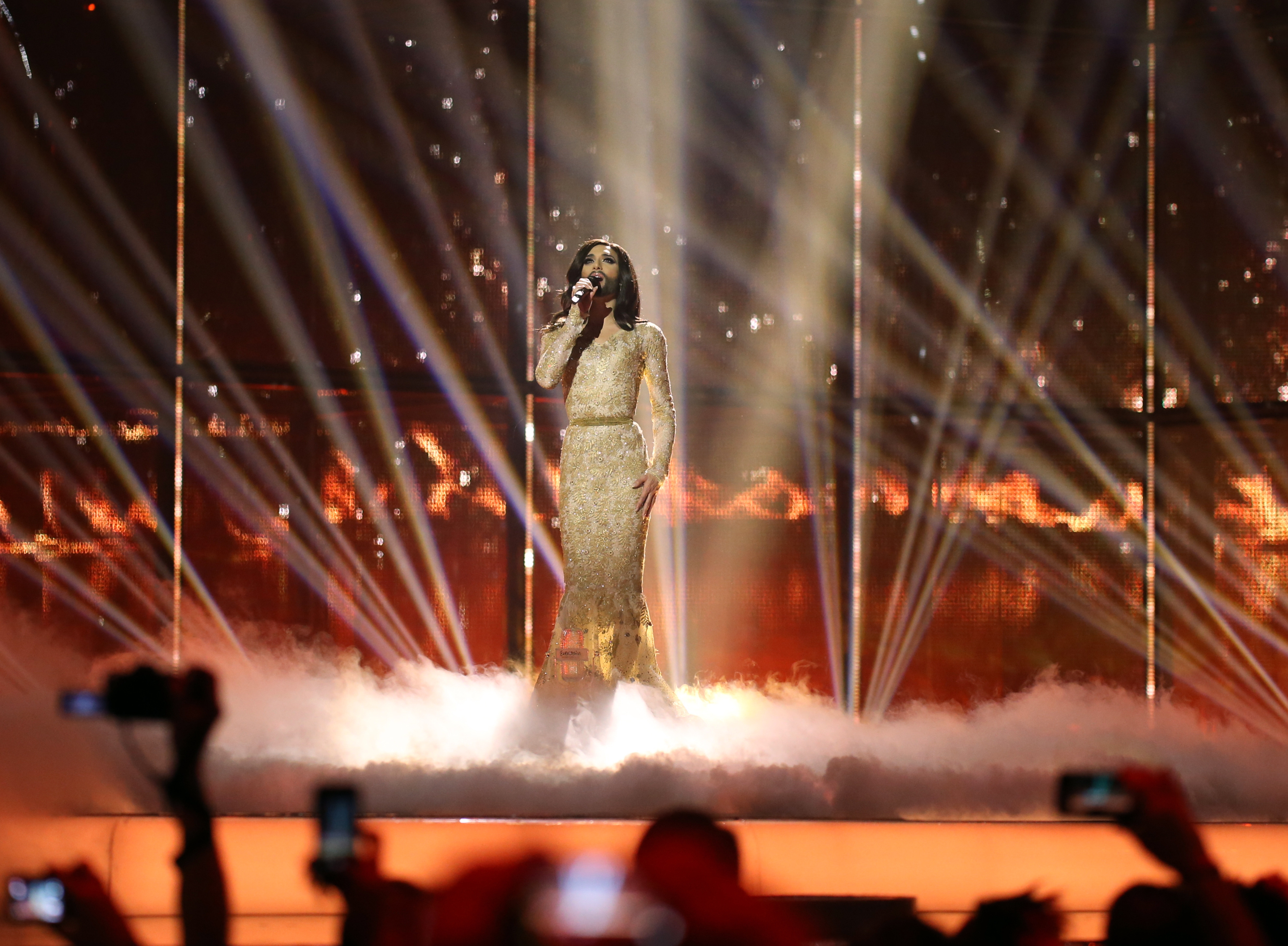Eurovision Song Contest is a televised annual singing competition. It is the largest music competition in the world. In the contest, singers representing various countries compete against one another. Begun in 1956, the Eurovision Song Contest is one of the longest-running television programs. Today, over 100 million viewers watch the contest each May. Around 50 countries have taken part in the contest. Since 1981, all contests have been held in the country that won in the previous year.
All active members of the European Broadcasting Union (EBU) can take part in the Eurovision Song Contest. The EBU is a professional association of national broadcasters that negotiates and advocates on behalf of public broadcasters in Europe. The EBU also includes numerous non-European nations. It operates the Eurovision network, the world’s largest provider of international sports and news broadcasts.
In the first contest in 1956, each broadcaster submitted two songs. Since 1957, participating broadcasters from each country have submitted one act chosen through their own selection process. Many broadcasters conduct their selection through a national public telephone voting contest. There is no restriction on the nationality of performers or composers in the contest.

There are two semifinal rounds. Each country performs its song and is judged by all the other countries in its semifinal group and by some of the automatically qualifying countries. The successful qualifiers are then announced. This process applies to all countries except the previous year’s winner, which earns the right to host and compete in the next contest. France, Germany, Italy, Spain, and the United Kingdom all qualify automatically. Countries award a set of points for their favorite songs. Countries cannot vote for themselves. In the early years of the contest, a random cross-section of the public selected the winner. Since 1991, at least half of the jury is required to be music industry experts. Beginning in 1997, participating nations have given the public an opportunity to televote. In televoting, viewers vote by calling a special telephone number or by sending a text message. Public choice counts for half the final vote. The country with the most points wins.
The first Eurovision Song Contest was held in Lugano, Switzerland. It was created by Marcel Bezençon, the Swiss president of the EBU. The contest was inspired by the Sanremo Music Festival, which has been held annually in Italy since 1951. The festival was broadcast first on the radio and later on live television. The Eurovision Song Contest was created as part of the EBU’s plan to use television to help Europe develop after World War II (1939-1945). The idea of simultaneous transmission in multiple countries was considered a technological experiment in live television. When the contest began, Eurovision consisted of a terrestrial (land-based) network. Satellite television did not yet exist. Today, the Eurovision Song Contest is televised live in dozens of countries over the Eurovision network. Since 2002, the contest has also been broadcast over the Internet, via the Eurovision Song Contest website, www.eurovision.tv.
A number of the competition’s contestants and featured performers have gone on to achieve success in recording and other performing careers. Performers with established careers have also competed in the Eurovision Song Contest. Several of the performers have won Grammy Awards. Some of the most notable performers who have competed in the Eurovision Song Contest include the Swedish group ABBA; the French-Canadian singer Céline Dion, representing Switzerland; the Spanish singer Julio Iglesias; and the English-born Australian singer Olivia Newton-John, representing the United Kingdom.
